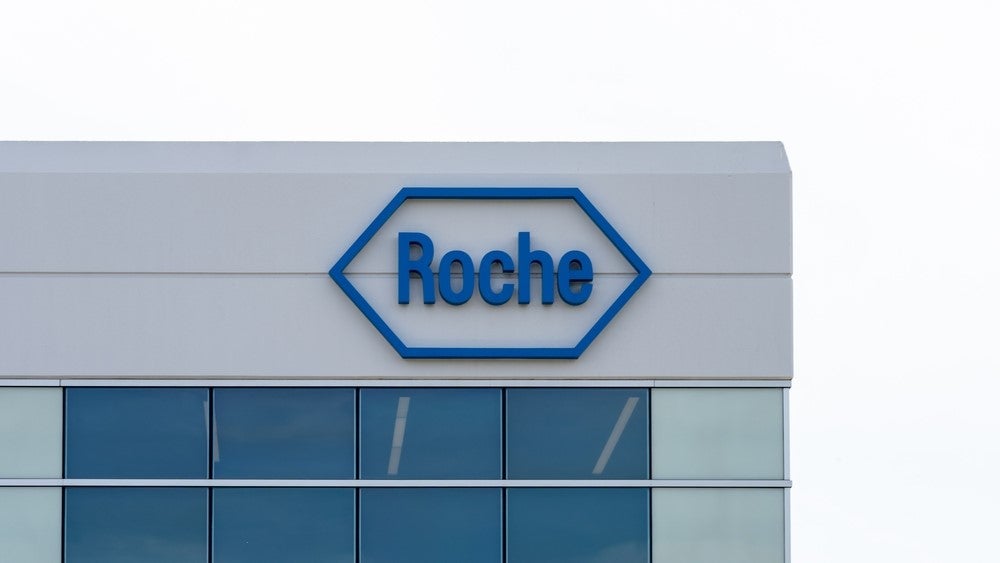Hengenix Biotech (Henlius USA) has partnered with OncoHost to perform biomarker analysis and predict clinical benefit probability in the patients recruited as part of the Phase III clinical trial for serplulimab.
AI and machine learning are increasingly used to predict drug and device outcomes. In 2019, the Massachusetts Institute of Technology used AI techniques to evaluate the success or failure of clinical trial outcomes. Last month, Dassault launched a digital twin named ‘Emma’ to virtually test medical devices and increase patient awareness of clinical trials.
OncoHost’s PROphet platform analyses blood samples using aptamer-based assays and applies machine learning models for patient selection, overall survival (OS)/ progression-free survival (PFS) prediction, mechanisms of action discovery, adverse events prediction and response prediction.
The PROphet platform will analyse the patients’ biomarkers in the serplulimab Phase III trial (NCT05468489) to identify resistance patterns in the recruited patient population.
The open-label Phase III trial compares the efficacy and safety of serplulimab and chemotherapy (carboplatin-etoposide) in combination with the standard of care, atezolizumab plus chemotherapy, in previously untreated US-based patients with Extensive-Stage Small Cell Lung Cancer (ES-SCLC).
AI has previously been used to analyse patient medical records and identify patients for trial recruitment, along with machine learning models to analyse pathology samples and predict OS and PFS outcomes. GlobalData forecasts that the metaverse, including AI and machine learning technology, could be worth $627bn in 2030.
GlobalData is the parent company of Clinical Trials Arena.
Henlius' product portfolio consists of immuno-oncology drugs approved in China, including Hansizhuang (serplulimab), an anti-PD-1 innovative monoclonal antibody, and the rituximab biosimilar, Hanlikang.















